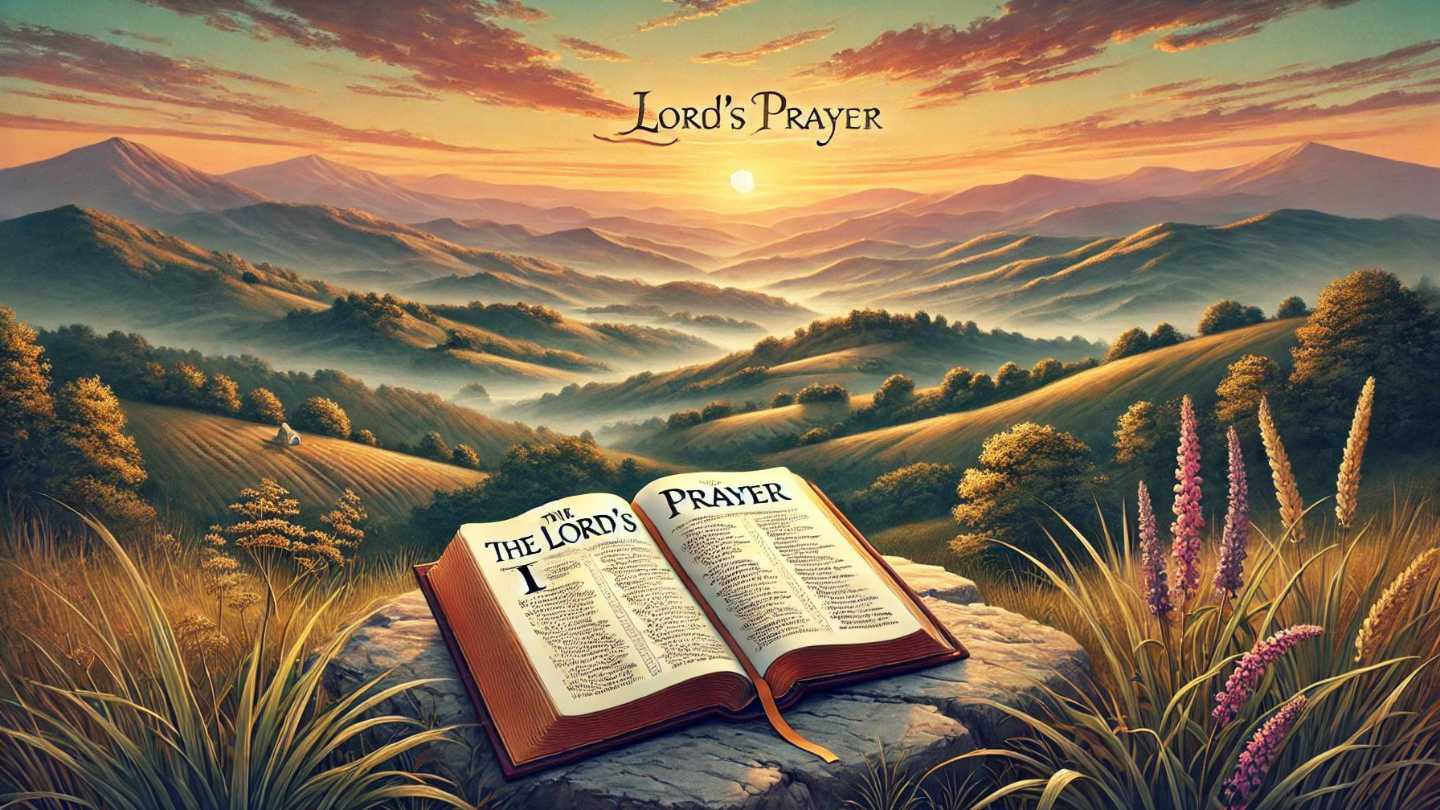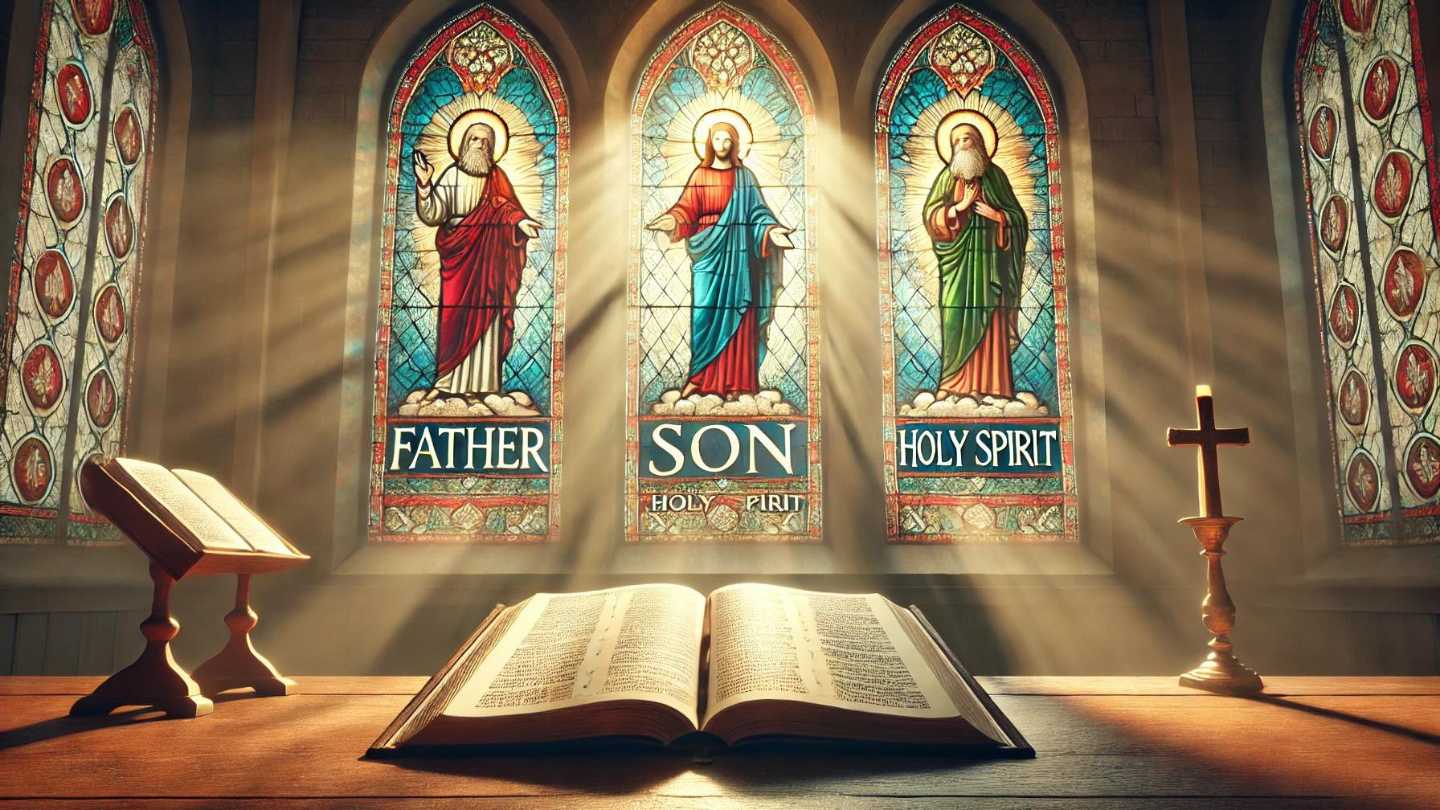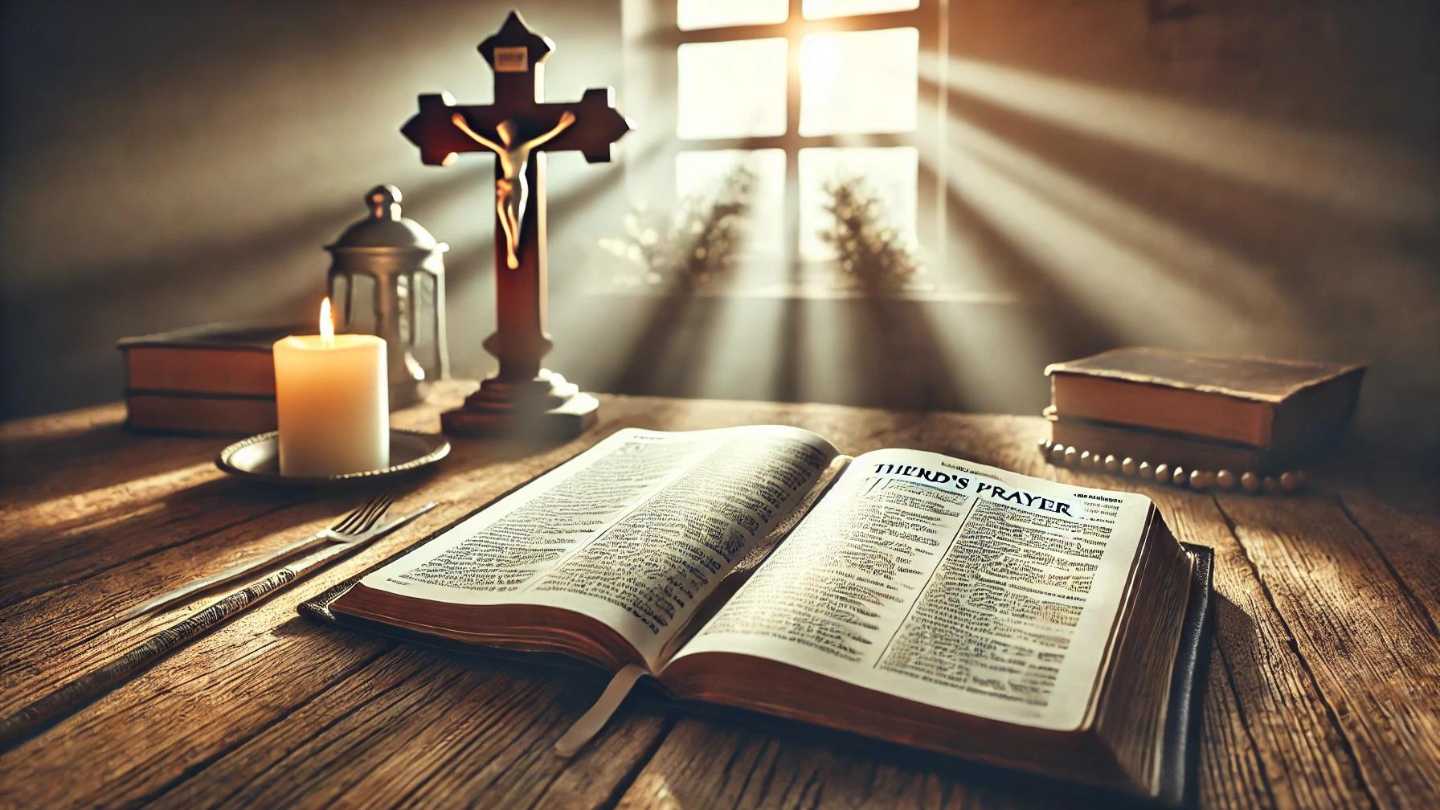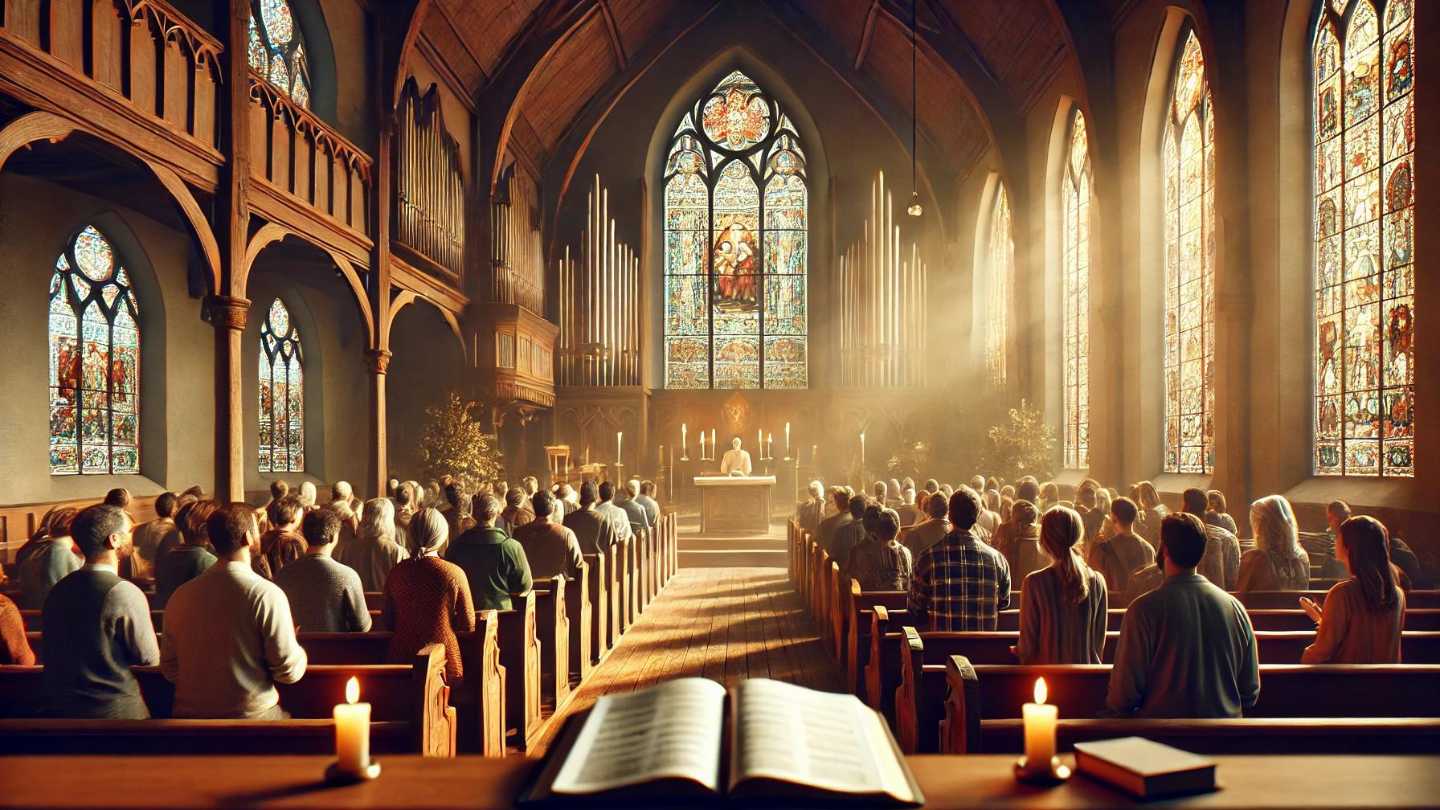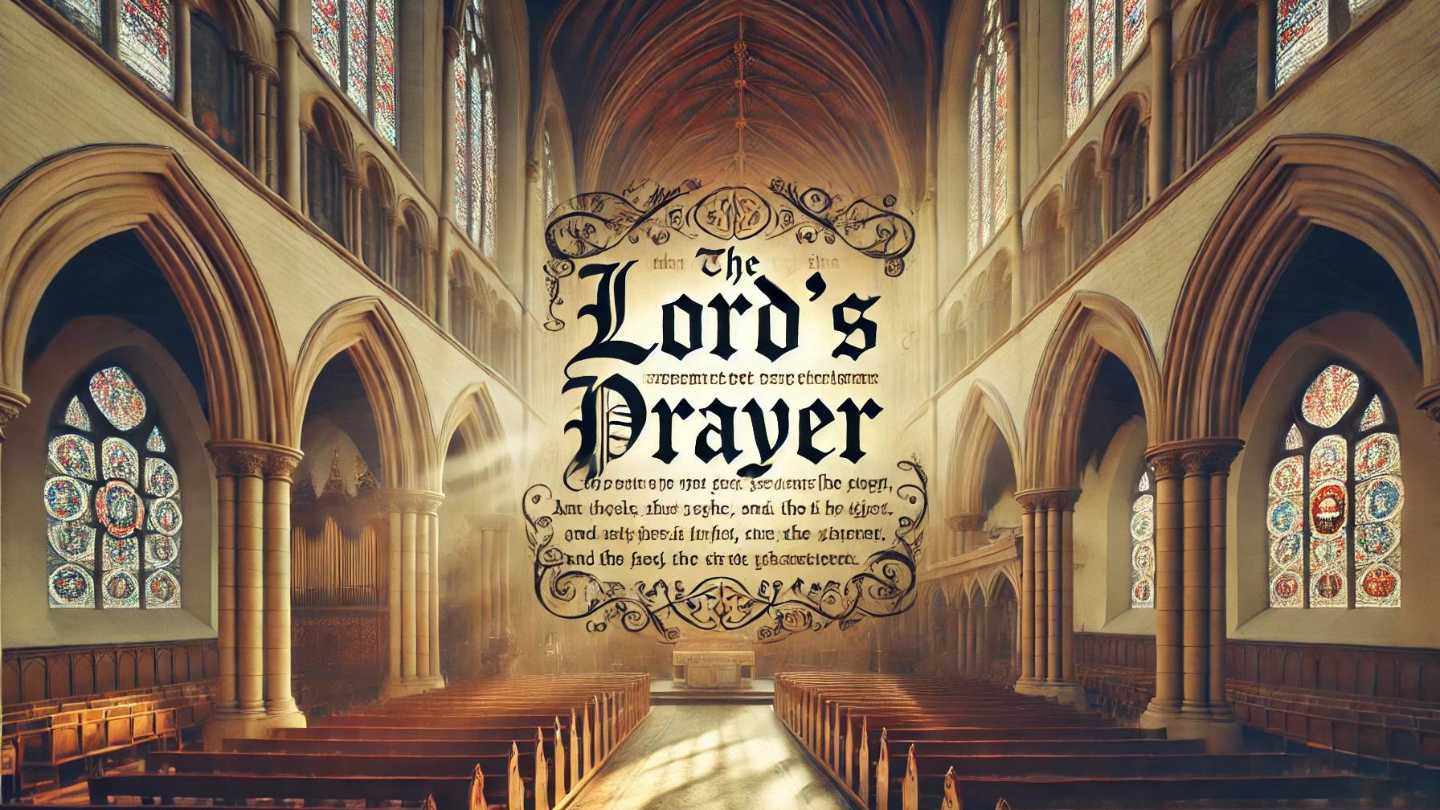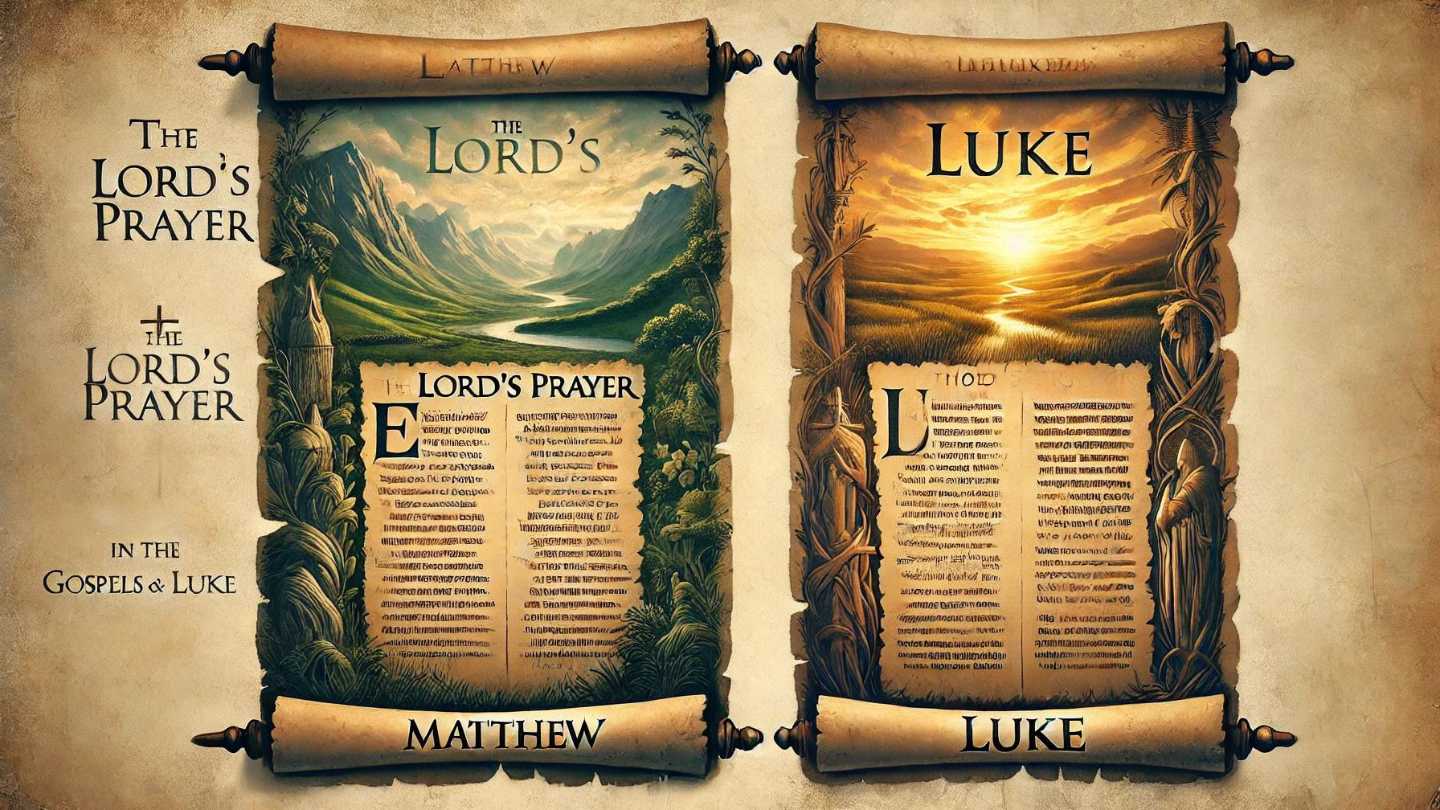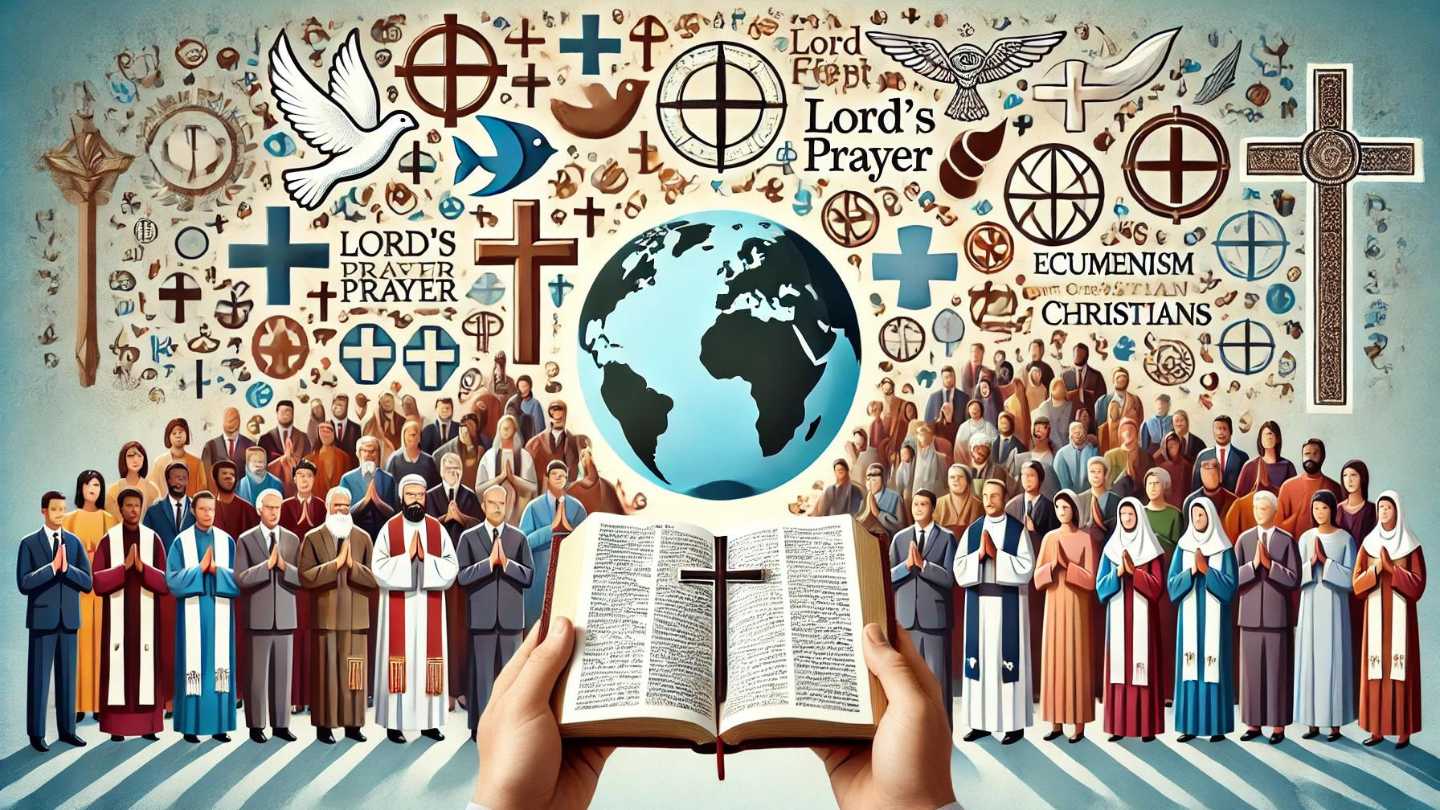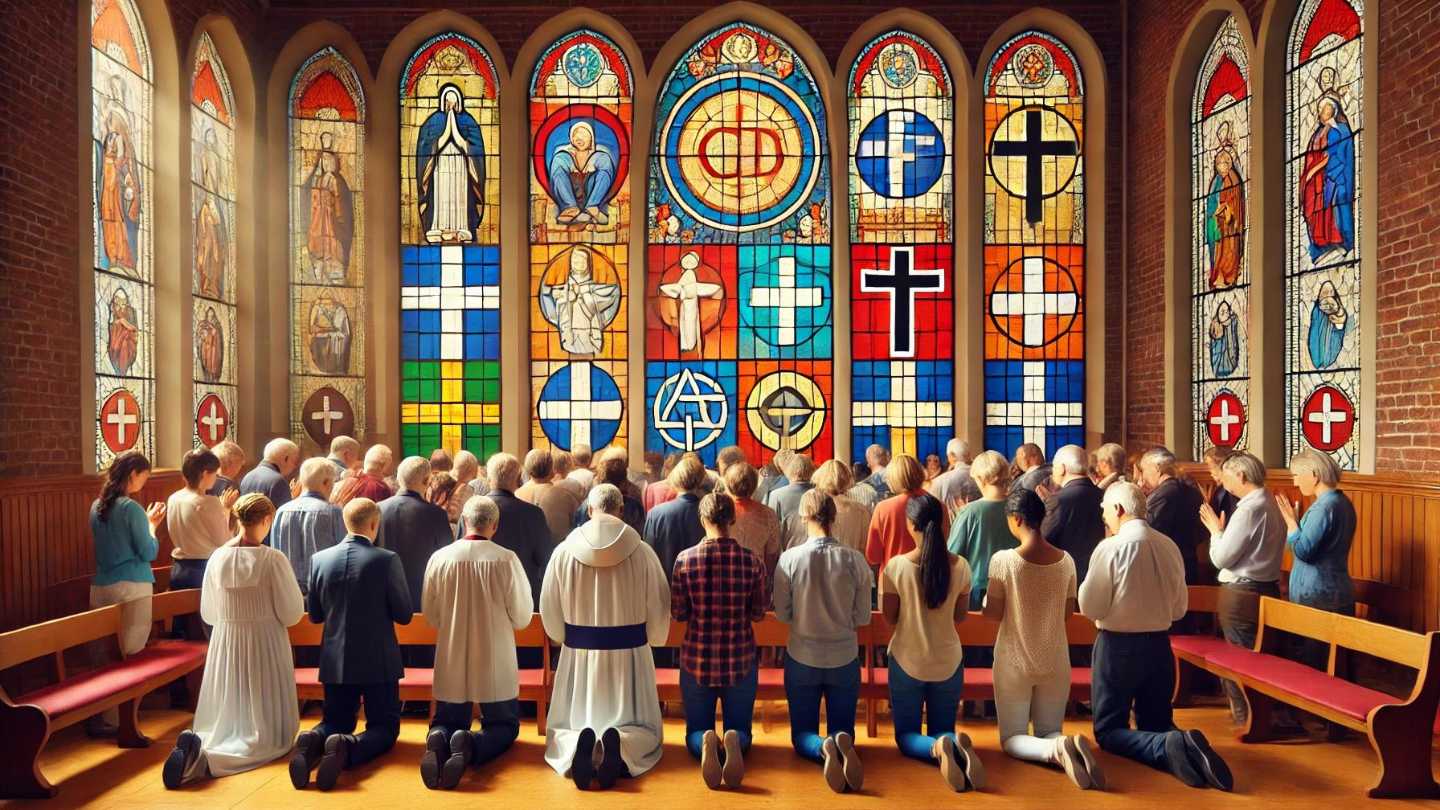The Lord’s Prayer, also known as the Our Father, is one of the most well-known and cherished prayers in Christianity. It summarizes the essence of Christian faith and provides a model for how believers should pray. One of the central themes embedded in this prayer is the concept of Divine Providence, the belief in God’s continuous and active involvement in the world and the lives of individuals.
Understanding Divine Providence
Divine Providence refers to God’s preservation, guidance, and governance of all things in creation. It is the theological concept that God not only created the universe but also sustains and directs it towards an ultimate purpose. This belief reassures believers that their lives are under the care and direction of a loving and omnipotent deity.
The Lord’s Prayer: A Reflection of Divine Providence
The Lord’s Prayer begins with an invocation to “Our Father in heaven,” immediately establishing a relationship between the believer and a caring, parental figure. This opening phrase reflects the intimate and personal nature of God’s providential care. The subsequent petitions further illustrate this connection:
“Hallowed be Your name”: This petition acknowledges God’s holiness and the reverence due to Him. It reflects a trust in God’s righteous character and His providential governance.
“Your kingdom come”: Here, believers express a longing for God’s kingdom, a realm where His providence is fully realized, and His will is perfectly done. It is an expression of hope in God’s ultimate plan for creation.
“Your will be done, on earth as it is in heaven”: This line reinforces the believer’s trust in God’s providential plan. It is a submission to God’s will, acknowledging that His plans are perfect and far beyond human understanding.
“Give us this day our daily bread”: This petition is a direct appeal to God’s providence for the provision of daily needs. It emphasizes reliance on God for sustenance and well-being, trusting in His continual care.
“Forgive us our debts, as we forgive our debtors”: The request for forgiveness highlights God’s merciful providence, His willingness to restore and reconcile. It also calls believers to mirror this providence in their relationships with others.
“Lead us not into temptation, but deliver us from evil”: This final petition underscores the believer’s dependence on God’s guidance and protection. It is an acknowledgment of God’s sovereign power to steer believers away from harm and towards righteousness.
The Assurance of Divine Providence
The Lord’s Prayer encapsulates the assurance that God’s providence is active and all-encompassing. Believers are reminded that they are never alone and that every aspect of their lives is under God’s watchful care. This assurance provides comfort in times of uncertainty and strength in moments of weakness.
Living in the Light of Divine Providence
To fully embrace the concept of Divine Providence, believers are encouraged to live with a sense of trust and surrender. This involves:
- Trusting in God’s Plan: Believers are called to trust that God’s plans, even when not fully understood, are for their ultimate good.
- Practicing Gratitude: Recognizing and giving thanks for God’s daily provisions fosters a deeper awareness of His providential care.
- Extending Forgiveness: Reflecting God’s mercy through forgiveness strengthens relationships and mirrors divine providence in action.
- Seeking Guidance: Regular prayer and meditation on God’s word help believers align their lives with His will.
To wrap things up
The Lord’s Prayer is a profound expression of faith in Divine Providence. It encapsulates the believer’s trust in God’s ongoing care, guidance, and ultimate plan for creation. By praying and living out the principles found in The Lord’s Prayer, believers can experience a deeper sense of peace and assurance in the loving governance of their Heavenly Father.
Related Articles
Author

Alona Smith is a devoted follower of Jesus Christ who believes that life’s true purpose is found in knowing Him and making Him known. She is passionate about sharing God’s Word with clarity and compassion, helping others see the beauty of the gospel of grace revealed through the Apostle Paul.
Grounded in Scripture and led by the Spirit, Alona seeks to live out her faith in practical ways—showing kindness, extending forgiveness, and walking in love. Whether serving in her local church, encouraging a friend in need, or simply living as a light in her community, she strives to reflect Christ in both word and deed.





